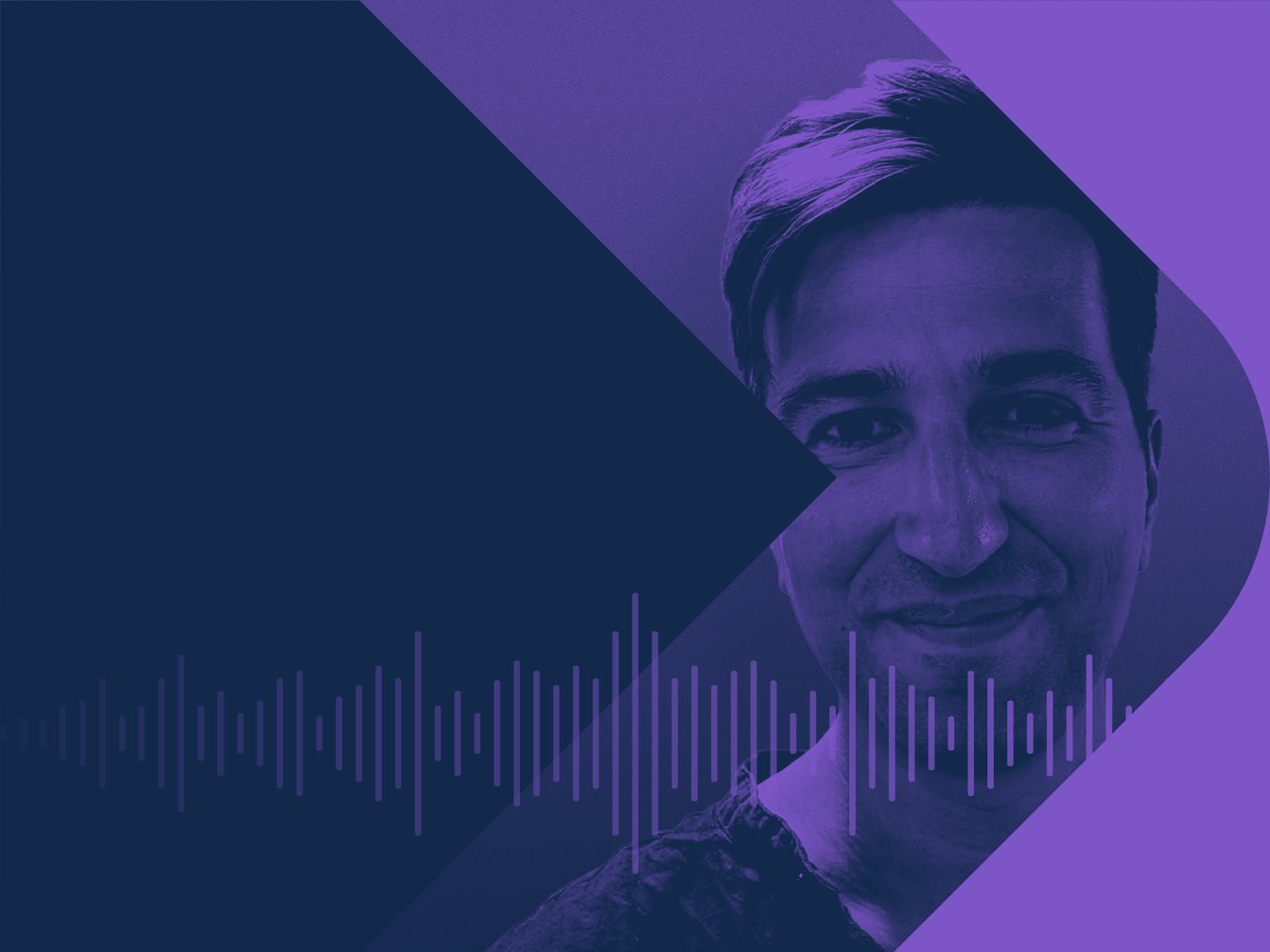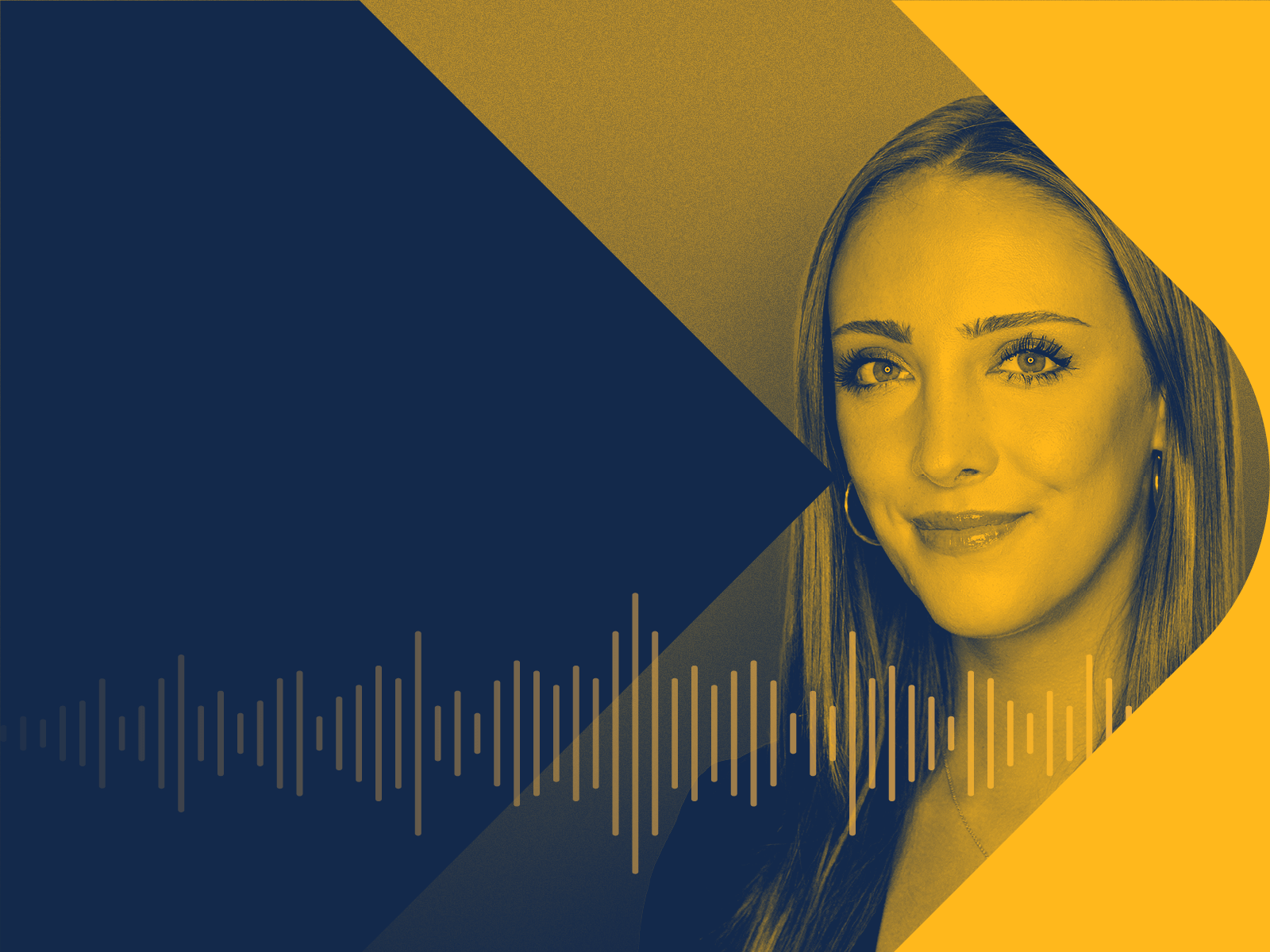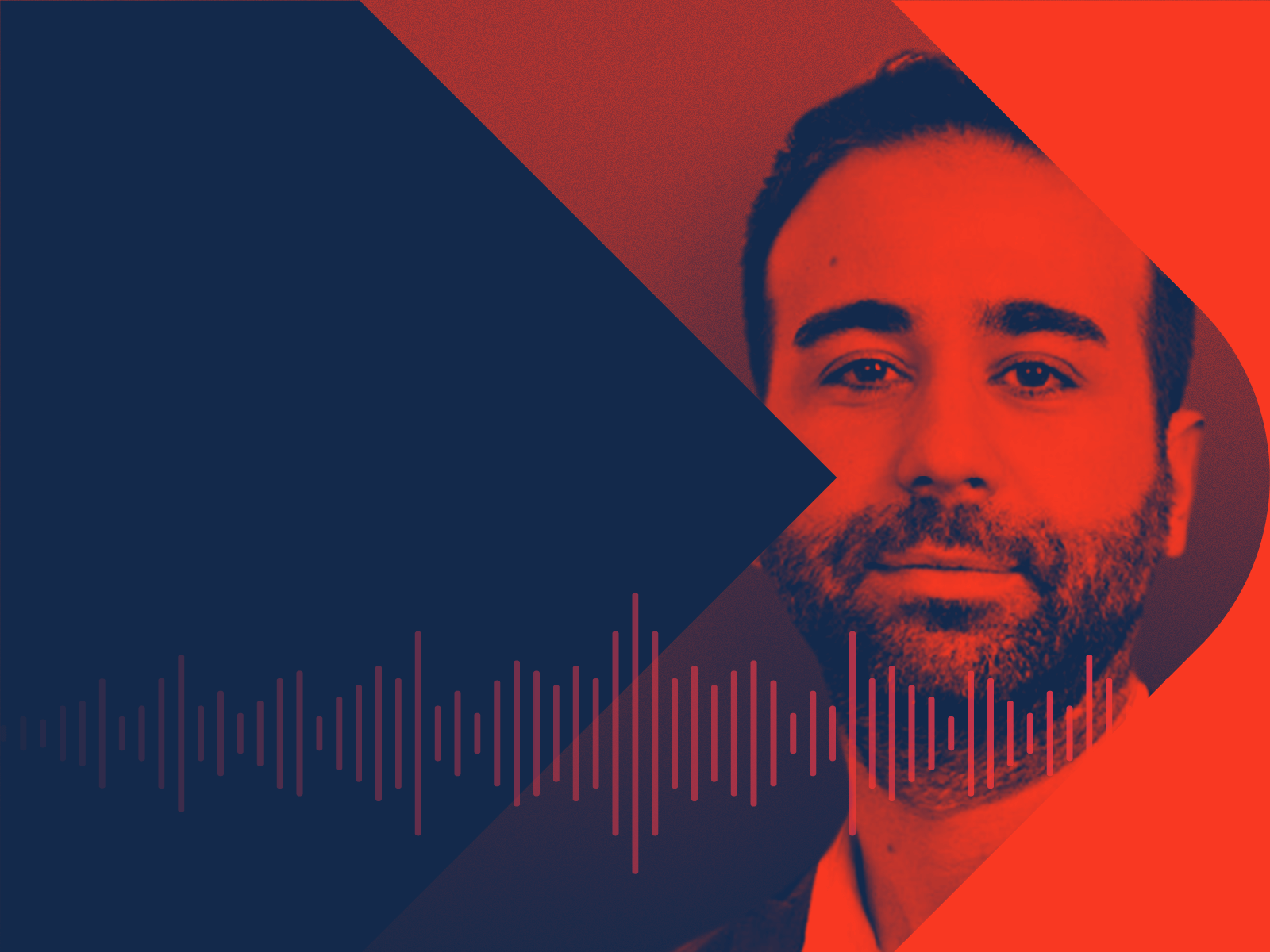“Change things for the better”
The advertising and media landscape is rapidly changing due to new technology and shifts in consumer behavior. These changes are reshaping content production, distribution, and consumption, presenting opportunities and challenges for industry stakeholders. From AI's influence on content generation to the impact of social media on news dissemination, these developments are redefining traditional media and communication.
In the latest episode of our Identity Architects podcast, InfoSum's SVP, Marketing & Communications, Ben Cicchetti, sat down with Vincent Flood, Editor in Chief at VideoWeek, to discuss Connected TV (CTV), Generative AI, inclusive events, and more.
“After a period of extensive fragmentation and new apps being launched and hundreds and millions, if not billions, being invested in them, we're seeing people realizing they can't go alone, and we're starting to see a bit of a rebundling. So it's quite interesting to see the likes of Freely in the UK, which is the UK public service broadcasters, coming together to create a unified app. I'd like to see them on more platforms.”
There’s certainly a lot happening in the CTV space worldwide, with many new business models emerging, particularly in the free ad-supported streaming TV (FAST) area.
“We're seeing the FAST channels growing and creating additional fragmentation. And many people write off the FAST channels, but I think what we're seeing - I think in the same way that many people wrote off Sky when it was first launched - what feels like a ridiculous channel to one person, that's somebody else's daily viewing and I feel like they're not to be messed with and I feel increasingly we're going to go and see more and more FAST services.”
New business models and technologies are changing the TV landscape and the advertising industry in general, with AI being the hot topic of the year.
“We're going to see huge fragmentation again, largely driven by generative AI just bringing down the cost of producing high-quality content, whether that's AI-driven in terms of the AI is almost just creating the content, or maybe giving you feedback based on your personal preferences to maybe take you down a content path, or to create content that you're likely to enjoy. But even if it's more creative-driven using AI tools, I feel like it's going to reinvigorate a lot of the national broadcasters.”
With every new technology, there are pros and cons to it.
“I think there's potential for it to be quite exciting in one way. [...] Local publishers have been struggling a little bit, and I feel like if they can do more with less, that can only really be a positive thing. [...] When you're seeing the latest versions of what AI is capable of, think about how long it is before AI can go and schedule some calls and take some views, run an interview in a way that feels quite natural to the person being interviewed. Maybe that'll happen. But I think we're probably not fully there. You'd still want some human oversight.”
The human touch is definitely something that AI can’t replace - yet. However, it can definitely be helpful in certain areas and situations.
“I feel like the human touch is probably gonna be something that is necessary to create stuff that's differentiated in the video side. I think generative AI is going to be huge in terms of enabling people to create better content, more content. It's also going to enable an awful lot of rubbish and disinformation, of course. [...] I'd say lots of fear, uncertainty, and doubt around the future of AI but lots of opportunity too if people get it right.”
AI has already had a massive impact on content creation, especially for social media. But that is not the only significant change within the social media landscape. How people consume news has changed immensely over the last couple of years, and that has also affected publishers.
“Seeing opinion drift into news or something that has really concerned me. That said, I don't think there is really a democracy that functions without a free press, and even though you have a free press and technically you're allowed to report on things, you know, in that society, I feel like what a journalist does in going out and sourcing a story and news organizations are so cast roped now that investigative journalism almost doesn't exist.”
With people consuming news on social media, there’s also the issue of news not being objective but being influenced by the person’s opinion and, worst case, just repeating something they’ve seen or heard without verifying the sources and correctness of the story.
“The idea of people just discussing points and not doing any research most of the time, not digging into what's actually happening, not doing any research, not doing any fact-checking. The idea that that competes with proper news gathering is ridiculous. You know the same thing with TikTokers or whatever else. Maybe there's the odd one who actually does stuff, but most of what you see it's very much quoting something I've read elsewhere.”
Transparency about news sources, transparency between consumers and publishers, and transparency between brands are so important - not just for social media but for society in general. And one theme that comes up regularly is collective responsibility.
“We've had so many of these discussions at roundtables and sometimes it seems almost impossible, there's so many different dynamics at play. There's often vested interests holding things back. I do think the advertisers don't realize the power they have to change things for the better. [...] They're the upper part of the stream and their money trickles down through everyone else. I feel that they've got a huge amount of power that they can be using and I'm sure there are lots of brands who are doing the right things.”
Doing the right thing is so important - in all aspects of business and life. VideoWeek is not just a publisher but they also host tons of events throughout the year. And they always do everything in their power to make each and every one of their events feel welcoming to all through inclusivity and diversity among panelists and speakers.
“The more we can make people feel comfortable, that not only are they included, that they can reach the top and they can be the person on stage [...] It has a huge impact and it's an impact I take really seriously. [...] I don't feel we are in any way perfect. But what we need to do is get to a point where we just simply select the best possible panel, the people doing the most interesting stuff, and it should just organically end up being an inclusive event.”
There’s still a long way to go. But by hosting inclusive events and raising awareness, we’ll get there in the end - one step at a time.
Thanks, Vincent, for the chat!





